His frustration stems from what he sees as a fickle and perhaps even disloyal international community, whose sentiments he believes have swung wildly since President Vladimir Putin’s forces invaded two years ago Saturday.
Back then, many around the world didn’t hold out much hope for the government of Volodymyr Zelenskyy after thousands of Russian soldiers marched across the border into Ukraine, intent on subjugating the country and its actor-turned-president.
But Ukraine rallied, surprising even its closest allies. This resistance in the face of a much more powerful adversary made Zelenskyy a hero hailed around the world, helped convince many governments to back Ukraine to the tune of billions, and later in 2022 propelled Kyiv’s audacious counteroffensives to reclaim swaths of Russian-occupied land.
Today, the country finds itself once again on the back foot: Foreign support has softened and its forces are running low on equipment and ammunition, and a renewed Russian push is being felt across the 600-mile front line, after heavily fortified Russian lines appear to have stalled the progress of last summer’s Ukrainian counteroffensive.
In just the past few days, Russian forces captured the key city of Avdiivka in Ukraine’s east, and swiftly promised not to lessen the pressure and continue their move west.
Chasiv Yar is just 30 miles north of Avdiivka, and Chaus says he’s worried that his town, already ravaged by the war, would now bear an even greater brunt of the fighting.
“Those Russian forces that were concentrated on Avdiivka will now be dispersed to other places, including in Chasiv Yar,” said Chaus, who heads the town’s military administration. “And Chasiv Yar will face even more pressure to defend itself. It means more of our troops have to move here and risk their lives.”
Ukraine is vulnerable elsewhere too.
Russian military bloggers and Western analysts this week reported renewed fighting near the village of Robotyne in the southern Zaporizhzhia region, which Ukraine’s troops liberated last August, in what, at the time, was seen as an important win that could get Kyiv closer to disrupting Russia’s land bridge to occupied Crimea.
Retaking Robotyne in the south would give the Russians a morale boost, said Matthew Ford, associate professor in war studies at the Swedish Defence University in Stockholm, showing that even limited gains that Ukraine made last summer are temporary.
“Regaining Ukrainian positions is great propaganda,” Ford said. “Capturing Zaporizhzhia is one of their political goals, as they have already announced Zaporizhzhia as a part of Russia.”
Further south, in Ukraine’s Kherson region, Russian Defense Minister Sergei Shoigu reported to Putin earlier this week that Russian forces are now in control of the village of Krynky, where Ukrainian forces tried to establish a bridgehead in November.
Kyiv forces liberated the regional capital, Kherson, in one of their last major successful land offensives in late 2022, but Russia controls the rest of the region. The operation in Krynky late last year was seen as Ukraine’s attempt to establish a foothold on the Russian-occupied bank of the Dnieper River to eventually push toward Crimea.
In the northeast Kharkiv region, the Russians have also been mounting offensives for weeks, trying to move the front line farther away from the region’s border with Russia and reduce the number of Ukrainian strikes on Russian border cities.
“Russian forces are putting pressure on Ukrainian forces at multiple points to see which will fold,” Ford said. “This is part of a Russian effort to test Ukraine’s strength and force them into accepting a tempo of operations that suit Russia.”
Even after Ukraine liberated large chunks of land in the northeast and south after successful counteroffensives in late 2022, Russia still occupies about a fifth of Ukraine’s internationally recognized territory, having officially annexed four regions.
Ukrainian forces are facing increasingly dire ammunition shortages, as new military aid remains stalled in Congress. The Biden administration is working toward providing Ukraine with powerful new long-range ballistic missiles, but as disagreements over the $60 billion military aid package continue in Washington, Ukraine’s front-line commanders are increasingly being forced to ration ammunition, limiting their troops’ ability to defend their positions, several Ukrainian soldiers told NBC News.
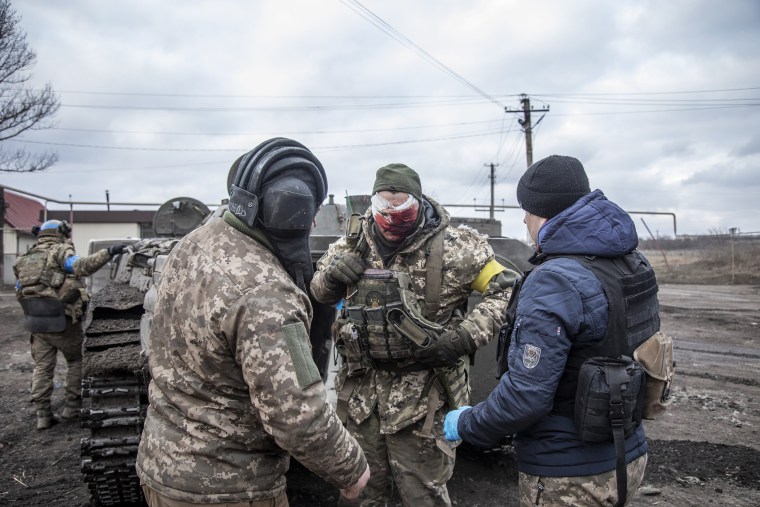
In some of his most sobering comments about the impact of aid delays yet, Zelenskyy said Monday the situation was “extremely difficult in several parts of the front line,” where he said Russian troops have amassed “maximum reserves.”
“They are taking advantage of the delays in aid to Ukraine,” Zelenskyy said. “There is a deficit of artillery. There is a need for front-line air defense and for a longer range of our weapons.”
Defense Secretary Lloyd Austin urged Congress on Friday to “act quickly” to pass the aid to ensure that Ukrainian troops have what they need.
Since the beginning of the war, Ukraine’s top five supporters, including the U.S. and the European Union, committed over $200 billion in military and financial aid, according to the aid tracker by the Kiel Institute for the World Economy, a German think tank. The U.S. is the biggest military donor, having committed more than $45 billion in military help to Ukraine, according to the tracker.
The U.S. and the world gave Ukraine hope that it could win this fight, Chaus, the mayor of Chasiv Yar, said, but at one of its most critical moments, they are letting it down.
“We just don’t understand how one can at first say, ‘We are your support, you can lean on our shoulder,’ but now we are losing that shoulder, that shoulder of support,” he said. “We don’t understand why it’s happening this way, why no one understands us anymore. The war is not over here, the war goes on and it’s becoming bigger and harder.”
Richard Engel and Charlotte Gardiner reported from Chasiv Yar, Yuliya Talmazan from London.

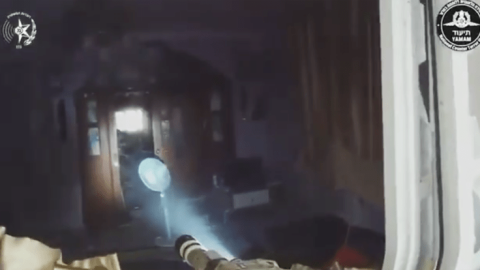
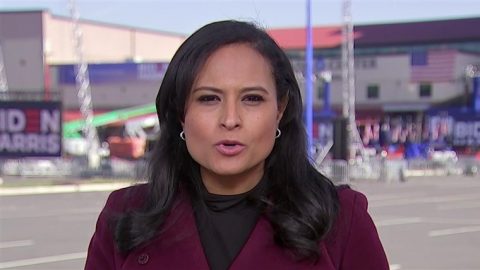
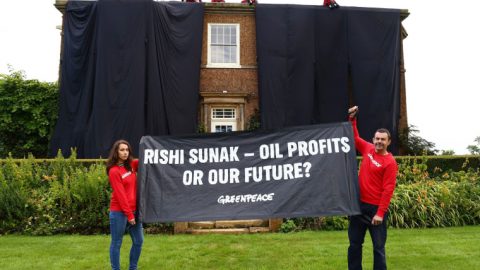
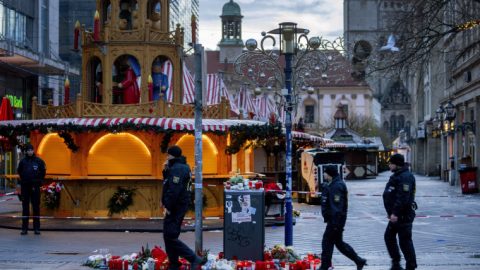

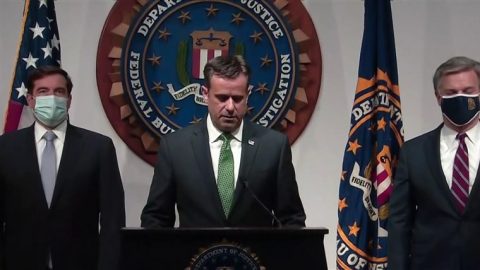
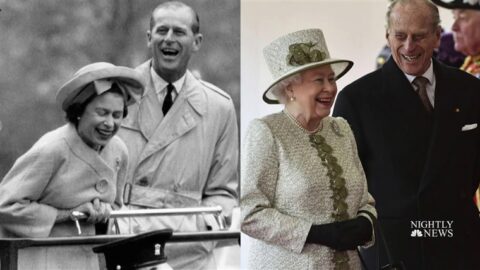
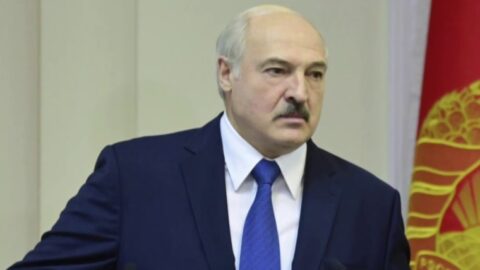
Recent Comments